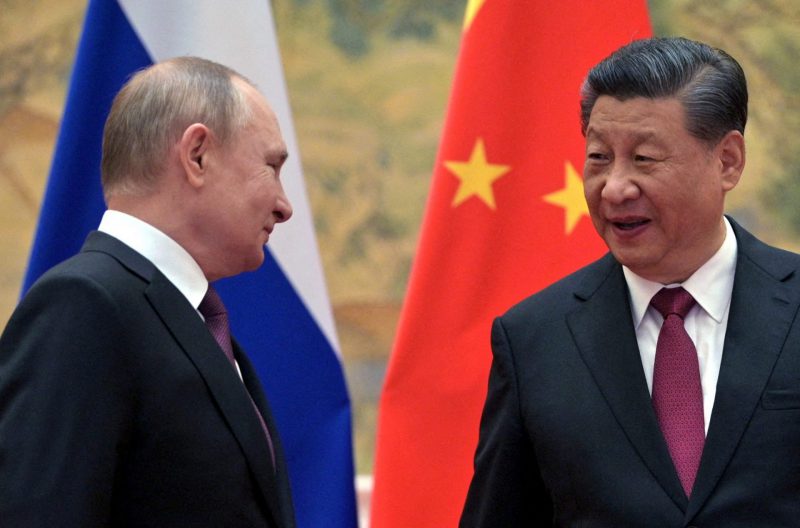According to a VanEck report, China and Russia have begun settling some trade transactions using Bitcoin. VanEck’s Head of Digital Assets Research, Matthew Sigel, reports that the two BRICS nations have already begun settling some energy transactions in Bitcoin and other digital assets. This comes as the Trump administration’s tariff policy has reignited global trade tensions.
China and Russia have already worked on trade deals with one another without the US dollar. Now however, with economic concerns spreading worldwide, the two countries have attempted to ditch fiat altogether. Sigel also shared that Bolivia has announced plans to import electricity using crypto. French energy utility EDF is also exploring whether it can mine Bitcoin with surplus electricity currently exported to Germany. “These are early signs that Bitcoin is evolving from a speculative asset into a functional monetary tool—particularly in economies looking to bypass the dollar and reduce exposure to U.S.-led financial systems,” Sigel said.
Investing experts are looking to assets like cryptocurrency and precious metals in a time of economic instability. In recent months, the US dollar has fallen approximately 6.1% since the month of January. Foreign holdings of US assets had previously reached around $62 trillion in 2024, but these flows are now actively reversing as investors look for and seek out alternatives in various markets. Thus, Gold and cryptocurrencies could become a worthy replacement for trade.
Also Read: Bitcoin: Institutional Funds Are Majorly Buying BTC During Corrections
Another VanEck analyst, Imaru Casanova, feels that Gold could ultimately be a top asset in an economic recession. “Gold and gold stocks should ultimately benefit from the heightened level of risk across the global economy and global financial system,” she says. “The unpredictability of economic policies and heightened market volatility should boost gold’s appeal as the preferred safe-haven asset during times of global uncertainty.”
White one half of the new deal in Bitcoin, Russia, did not get tariffs imposed on it by the US, the other half, China, did. As a result, the latter has ordered all state-run banks in the country to reduce purchasing the US dollar in its reserves.





